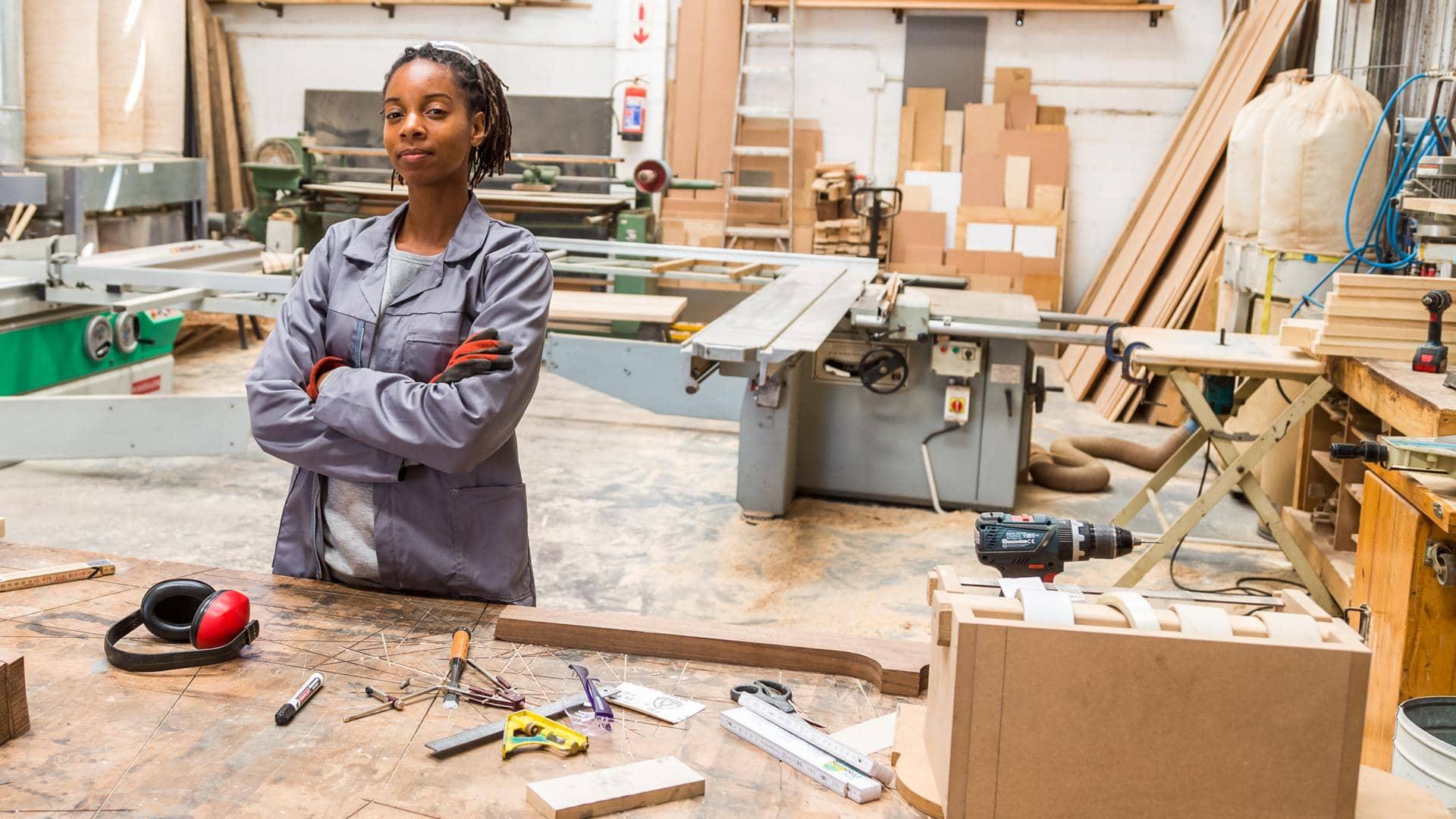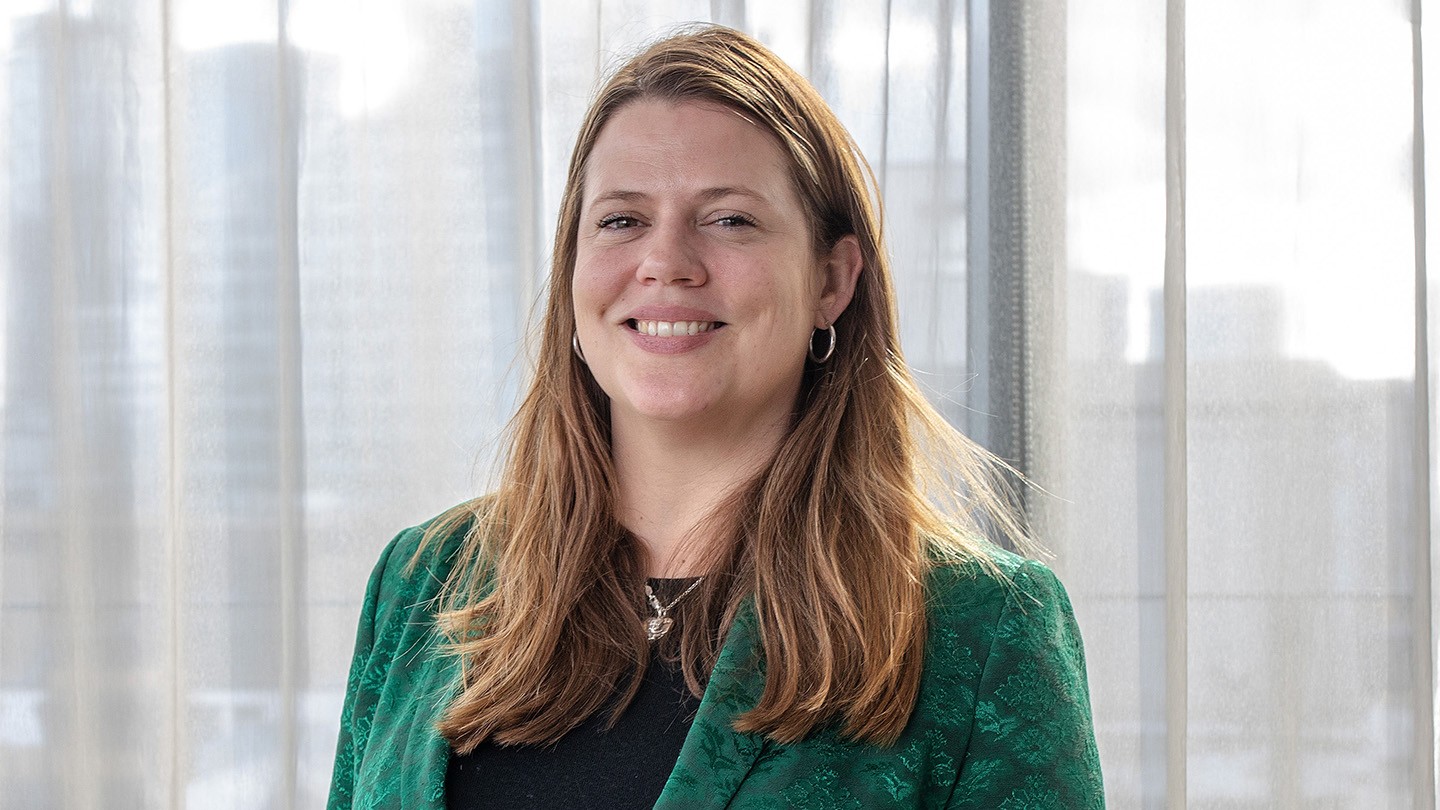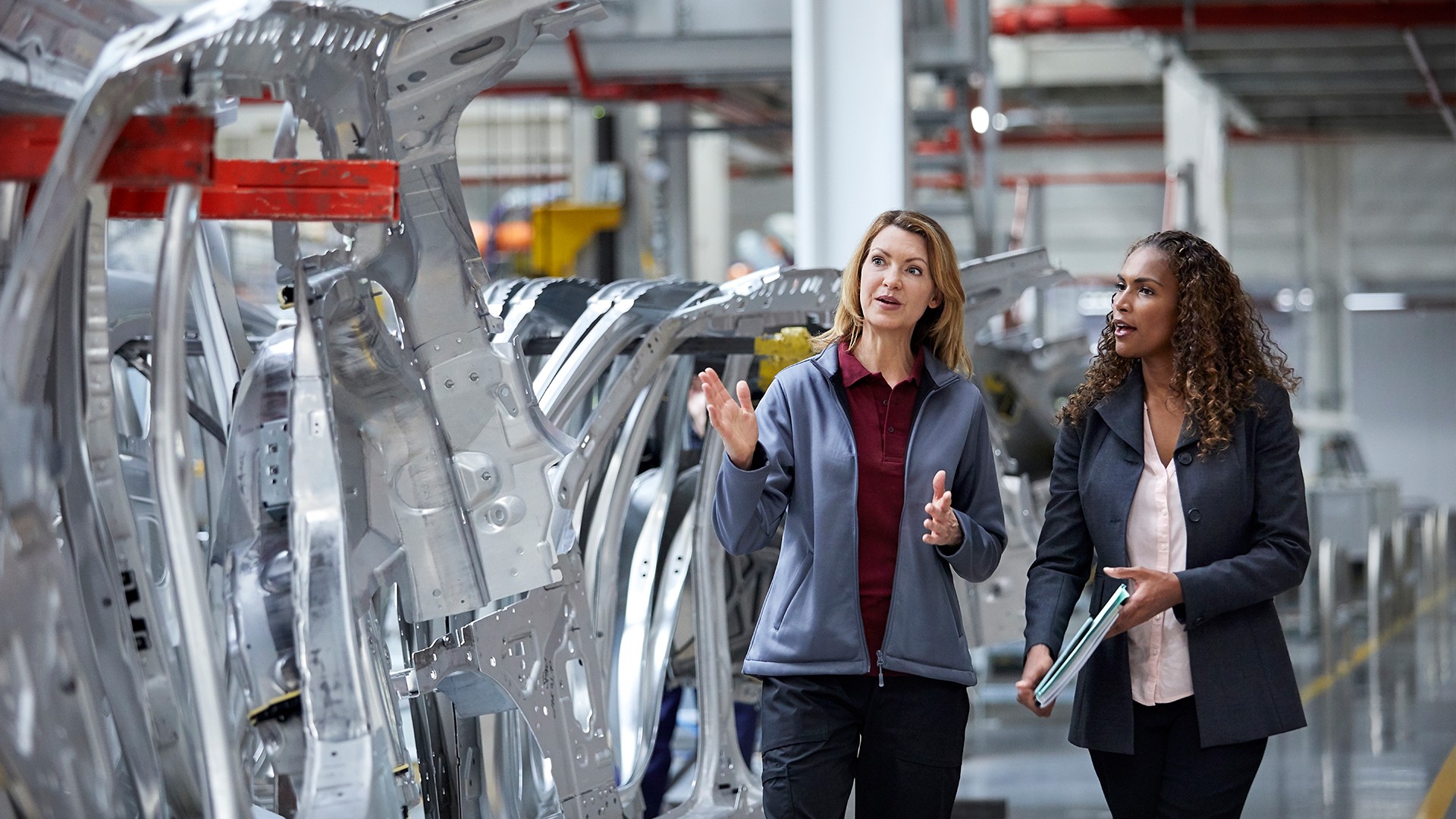
Impact
Why Barclays has pledged to support 100,000 female-led businesses
Barclays is launching a major new commitment to support 100,000 women start up and run their own businesses, as a new report highlights the disproportionate impact of the pandemic on female-led, equity-backed businesses.
As part of the bank’s commitment to HM Treasury’s Investing in Women Code, Barclays has pledged to support 100,000 women to start up and run businesses in the UK over the next three years.
The commitment follows the launch of a new report which has found that female-founded, equity-backed businesses have been disproportionately impacted throughout the pandemic.
The report, Resilience and Recovery – published by the Female Founders Forum, a project by The Entrepreneurs Network in partnership with Barclays – outlines the factors behind this and sets out recommendations on how to address it.
Creating an environment where women start and scale businesses at the same rate as men could add nearly £250bn to the UK economy
Head of High Growth and Entrepreneurs Coverage at Barclays

Commenting on the bank’s response to the findings, Juliet Rogan, Head of High Growth and Entrepreneurs Coverage at Barclays, said: “Investing in women will not only make our country fairer, overcoming structural inequalities will also unlock significant economic gains.
“The numbers speak for themselves. Creating an environment where women start and scale businesses at the same rate as men could add nearly £250bn to the UK economy.”
Barclays has pledged to help 100,000 women start up and grow their businesses over the next three years. The bank will target local events and mentoring via Barclays’ UK-wide network of Eagle Labs and Rise hubs, increasing training and tools for Barclays’ coverage teams, as well as dedicated regional champions across the UK
The report outlines four key factors behind the disproportionate impact on female founders.
1. Raising investment
While the share of funding to female-led businesses has doubled in less than a decade, in 2020, just 13% of total equity investment went to female-founded startups. Of those female-led business that do receive equity investment, it tends to be for smaller amounts than their male counterparts.
During the pandemic, the Government’s Future Fund scheme for UK startups has had a positive impact on the gender divide in equity funding, the report finds. Out of 590 businesses to receive support from this scheme, 83% have all-female or mixed-leadership teams.
According to the report, the UK’s economic potential is being held back by low rates of female entrepreneurship. Only 6% of women in the UK set up their own business – and for every female entrepreneur, there are more than two male entrepreneurs. Closing this gender gap could add billions to the UK economy, help make up for jobs that have been lost and potentially aid a faster recovery from the coronavirus-induced recession.
2. Addressing unequal gender dynamics at home
The UK has over 600,000 female entrepreneurs who are mothers, many of whom have found that increased childcare responsibilities during the crisis have impacted on their work. Women have done two-thirds more childcare than men during lockdown and many have cut down their paid working hours. The report states: “Prior to the pandemic, mothers worked 80% of the hours fathers did. During COVID-19 this has dropped to 70%.
Rogan says: “Whilst great strides have been made to close the gender funding gap in recent years, it’s clear that the COVID-19 pandemic has exacerbated, rather than diluted, the existing structural barriers that female entrepreneurs face. As this report shows, women have had to take on a greater family care burden during lockdown which acts as a significant constraint preventing women from achieving their entrepreneurial potential.”
3. Improving access to finance
“Women are also less likely to seek external finance to bolster their cash flow,” says Rogan. “However, once female-founded businesses have received an initial investment, they are just as likely to raise additional rounds of funding compared to non-female-founded firms.”

When the UK succeeds, Barclays succeeds. With the trust of 24 million customers and nearly one million businesses, inclusive UK economic growth is essential for our success
Head of High Growth and Entrepreneurs Coverage at Barclays
Rogan adds: “When the UK succeeds, Barclays succeeds. With the trust of 24 million customers and nearly one million businesses, inclusive UK economic growth is essential for our success. So we have a vested interest in closing the funding gap and addressing the structural barriers which have been holding female entrepreneurs back.
“If we want the fastest possible recovery from the coronavirus-induced recession, we need to access previously untapped opportunities for growth. This means removing the barriers which have been holding female founders back. Barclays will be doing all it can to help make this a reality.”
4. Bridging the gender gap in STEM
Science and technology are the sectors which have been least impacted by the pandemic but are also the sectors in which women are underrepresented at all levels – and less likely to found a business. The report finds: “Women only make up 16% of the workforce in tech, a proportion that has remained roughly the same since 2009.
“The difference in the pandemic’s impact by sector will then have a knock-on impact on gender. Patterns of female founded businesses mostly mirror those of female employment. So, women, while representing about a third of all business owners, are more likely than men to start businesses in retail, hospitality, real estate, healthcare, social work and community services.”
Government, universities and charities should encourage more women to study STEM subjects and pursue a career in the field, the report states, by taking actions such as promoting female role models, working with the industry to address gender biases, and funding existing coding schools and bootcamps.
CMe Media Founder and Barclays customer, Charisse Smith, about her journey from teenage single motherhood to successful business owner
